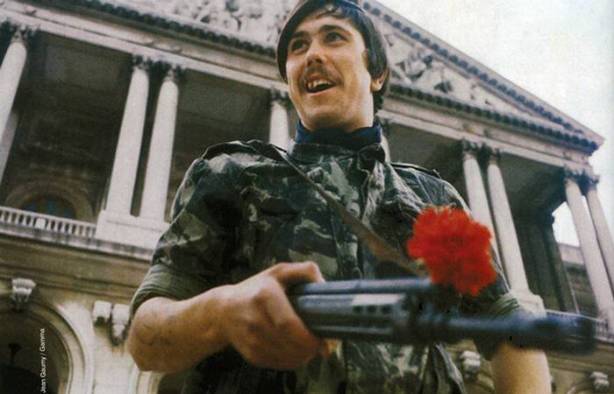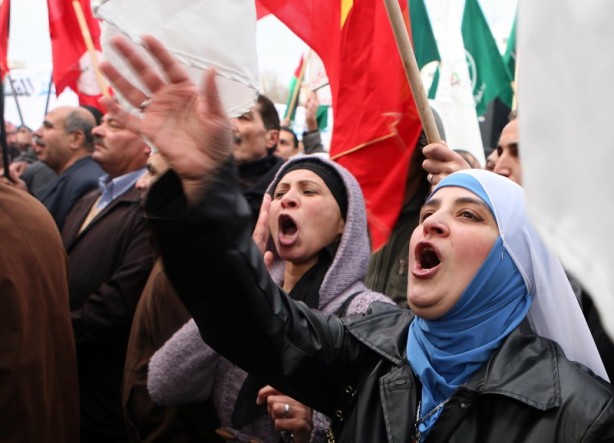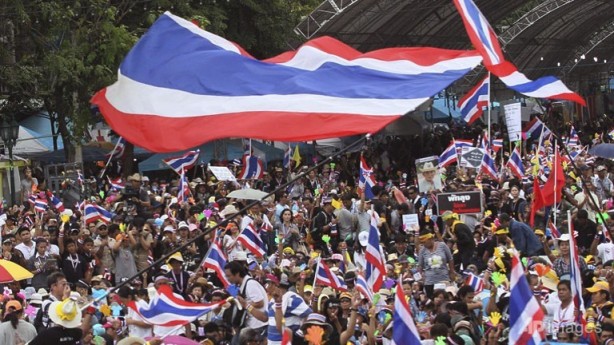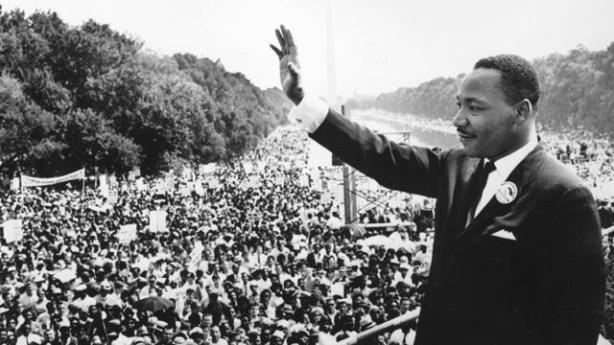Willie Colozo, another good friend on Facebook asked out loud if anybody had a sense that embattled Egyptian leader Hosni Mubarak will “cut and cut cleanly.”

embattled Hosni Mubarak
He was obviously alluding to the telephone exchange between a similarly embattled (by people power) Ferdinand Marcos in February 1986 with US Senator Paul Laxalt (Republican-Nevada). The latter was designated by then US President Ronald Reagan to communicate US intentions and preferences to Marcos.
After so much hemming and hawing, Marcos asked Laxalt what he was to do. And Laxalt advised: “You have to cut, and cut cleanly.” Laxalt’s words was reportedly followed by eloquent silence. Then Marcos reportedly said: “I am so very disappointed.”

the ailing Ferdinand Marcos
After a day, US helicopters whisked Marcos, his family and close aides to the US-controlled Clark Air Base in central Luzon, and thence to Hickam Air Base in Hawaii.
Do we see this happening with Mubarak in the next few days?

US Senator Paul Laxalt
Egypt is currently gripped by massive popular protests since the January 25 ‘day of rage’ against poverty and human rights violations. The clear target of the protesters is the 30-year-old Mubarak government. Hosni was reportedly poised to name his son, Gamal, as his successor. That prospect was obviously not acceptable to the opposition.
Notwithstanding a strong response to the street protests through the deployment of security police and special military detachments, the protests escalated and spread from Cairo to other Egyptian cities as Alexandra, Suez, and Ismaila.
The last protests of this volume happened in Egypt was the bread protests in 1977.
At the time, then Egyptian leader Anwar Sadat used his immense popularity with the Egyptian people to try to push through vast economic reforms that ended the socialistic controls of the previous government of Gamal Abdel Nasser. Sadat introduced greater political freedom and a new economic policy, the most important aspect of which was the infitah or “open door”. This relaxed government controls over the economy and encouraged private investment. While the reforms created a wealthy and successful upper class and a small middle class, these reforms had little effect upon the average Egyptian who began to grow dissatisfied with Sadat’s rule.
In 1977, Infitah policies led to massive spontaneous riots involving hundreds of thousands of Egyptians when the state announced that it was retiring subsidies on basic foodstuffs.
Egyptians have been living under emergency law since 1967, except for an 18-month break in 1980. Emergency laws have been continuously extended every three years since 1981. These laws sharply circumscribe any non-governmental political activity: street demonstrations, non-approved political organizations, and un-registered financial donations are formally banned. Nonetheless, since 2000, these restrictions have been violated in practice.
In 2003, the agenda shifted heavily towards local democratic reforms, opposition to the succession of Gamal Mubarak as president, and rejection of violence by state security forces. Groups involved included the Egyptian Movement for Change (Kefaya), and the Association for Egyptian Mothers.
A day before Lugar spoke to Marcos over the phone, President Reagan publicly warned the latter not to use armed force against the people peacefully massed around the military camps sheltering the soldiers rebelling against his continued hold to power.

US President Barack Obama
Just a few hours ago, President Barack Obama called on Mubarak to refrain from using the military from quelling peaceful protest on Egyptian streets and intoned that the Egyptian people have an inherent human right to peaceful expression and assembly.
Interviewed by Al Jazeera, US Senator John Kerry (Democrat-Massachussetts) was chided by the program host: that US was not ‘walking its democratic talk.’

US Senator John Kerry
On his part, Mubarak addressed Egyptians on state television and condemned the street protests, dismissed his entire government (except himself of course), promised reforms (for the nth time), and will supposedly assemble a new government tomorrow.
The protesting Egyptians were unimpressed both by Obama and Mubarak. They took to the streets again immediately after an earlier respite; they needed to listen to both broadcasts.
Meanwhile, the Egyptian security forces are deployed onto the streets and much depends on how they will behave. If given the order to disperse or fire upon the crowds, will they do so? Or will they join the protesters and force Mubarak and his narrow entourage to step down and leave the country?
Something has got to give, and soon!
I believe things will come to a head in a day or so as the protesters promised to ratchet up the opposition all over Egypt. And the rest of world continues to monitor with great interest and anticipation this cliff-hanger of an awesome and historic phenom, thanks largely to Al Jazeera.
Tunisia was indeed the spark in the extremely dry Arabian prairie!
14.651170
121.062283























